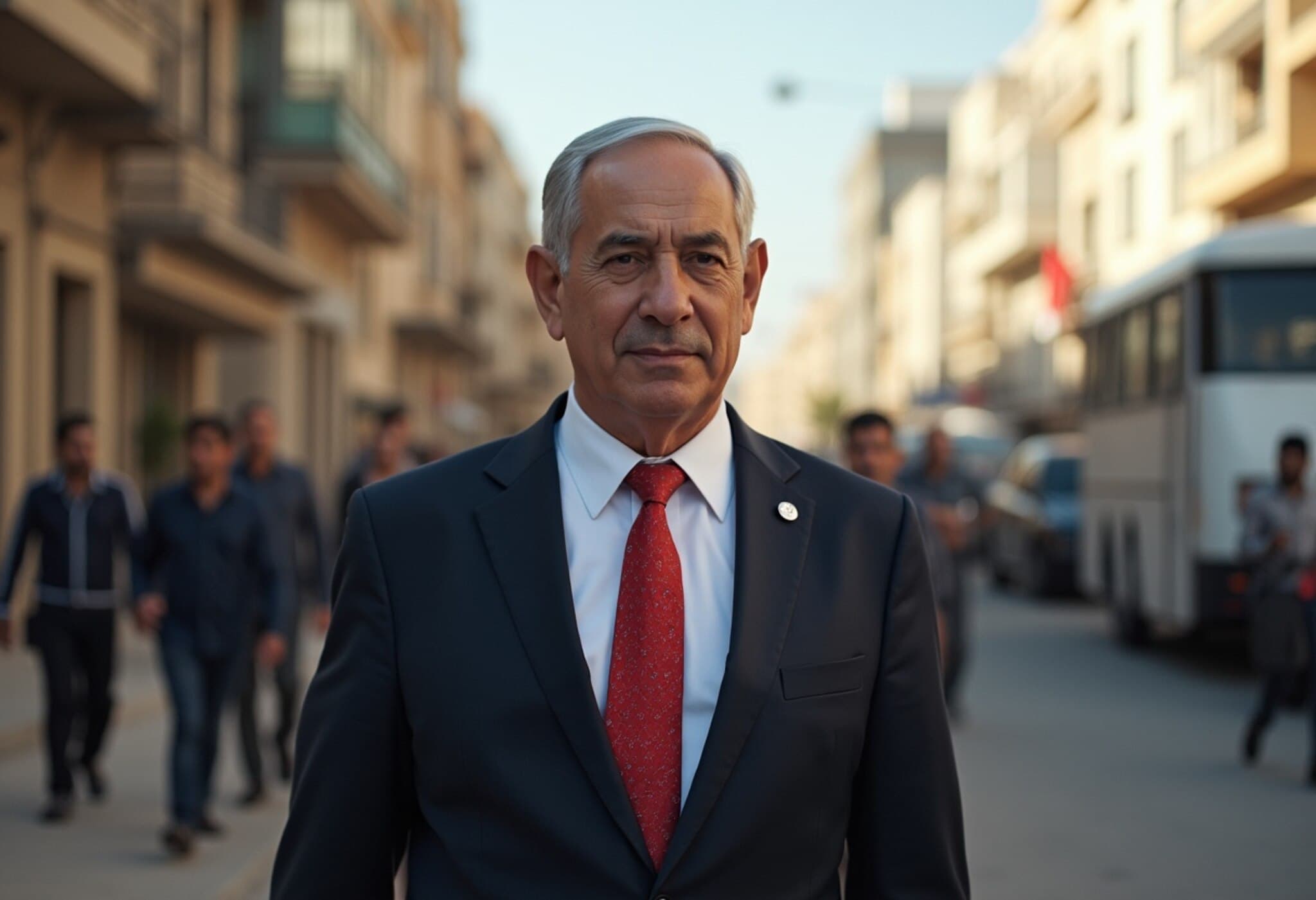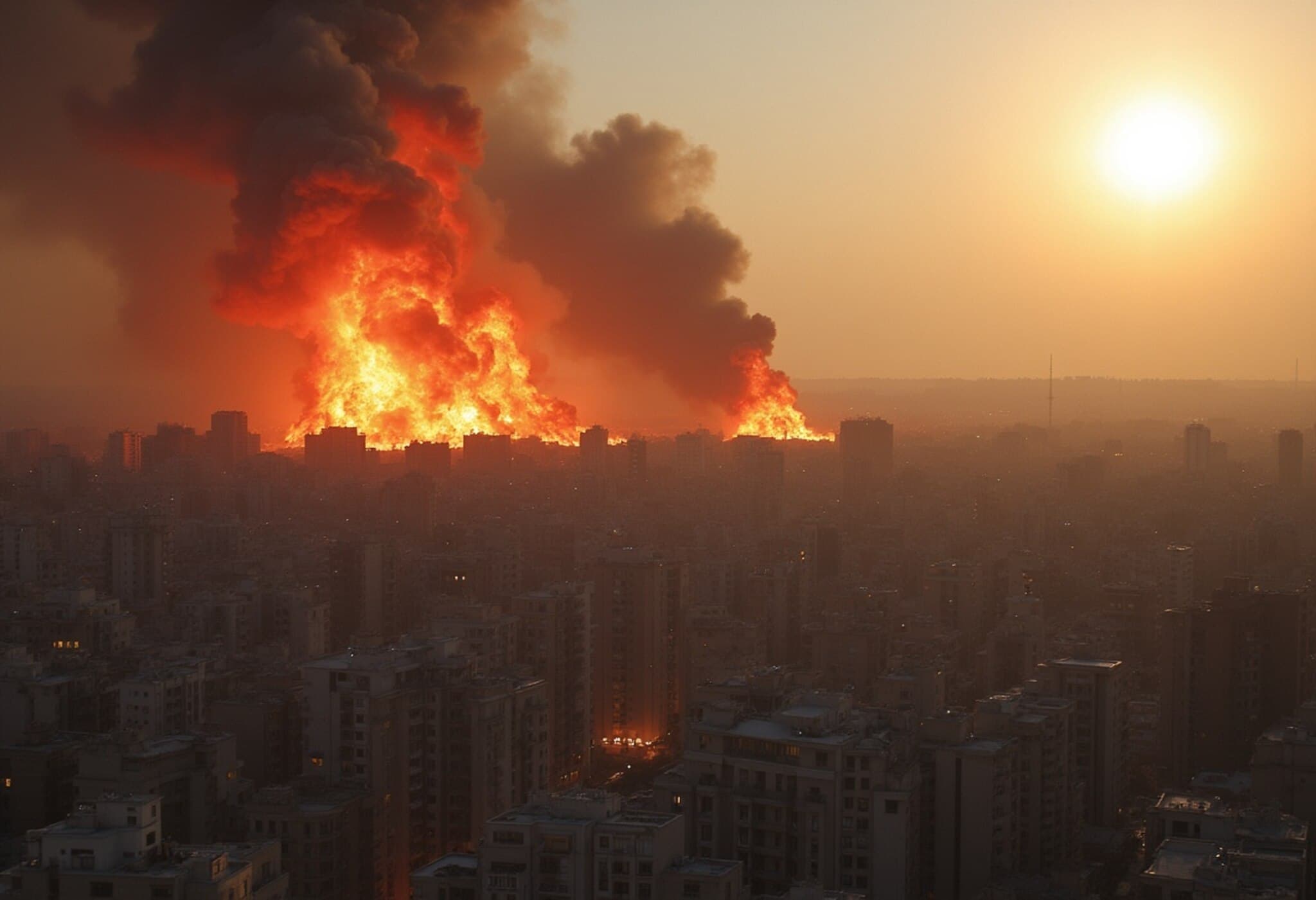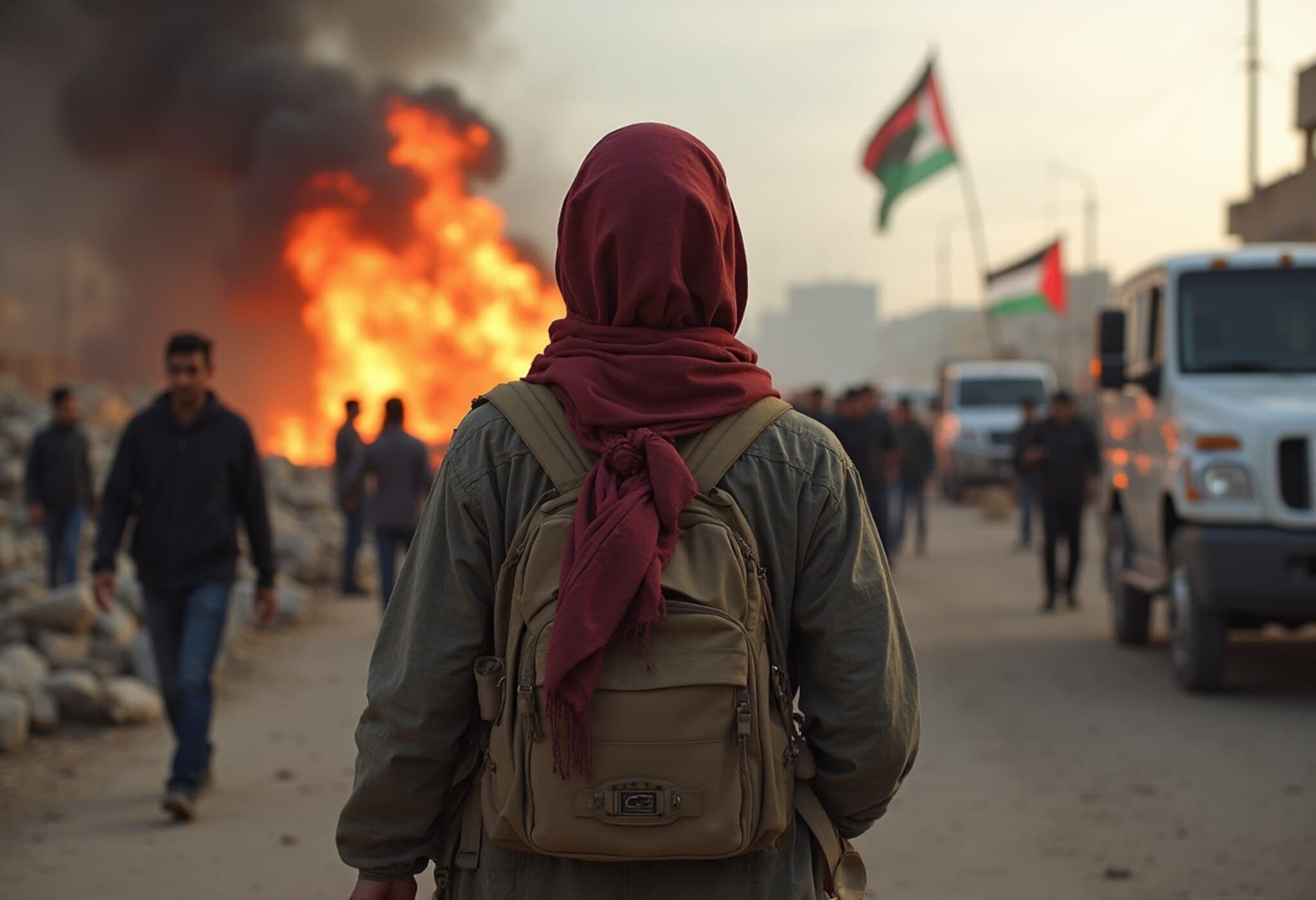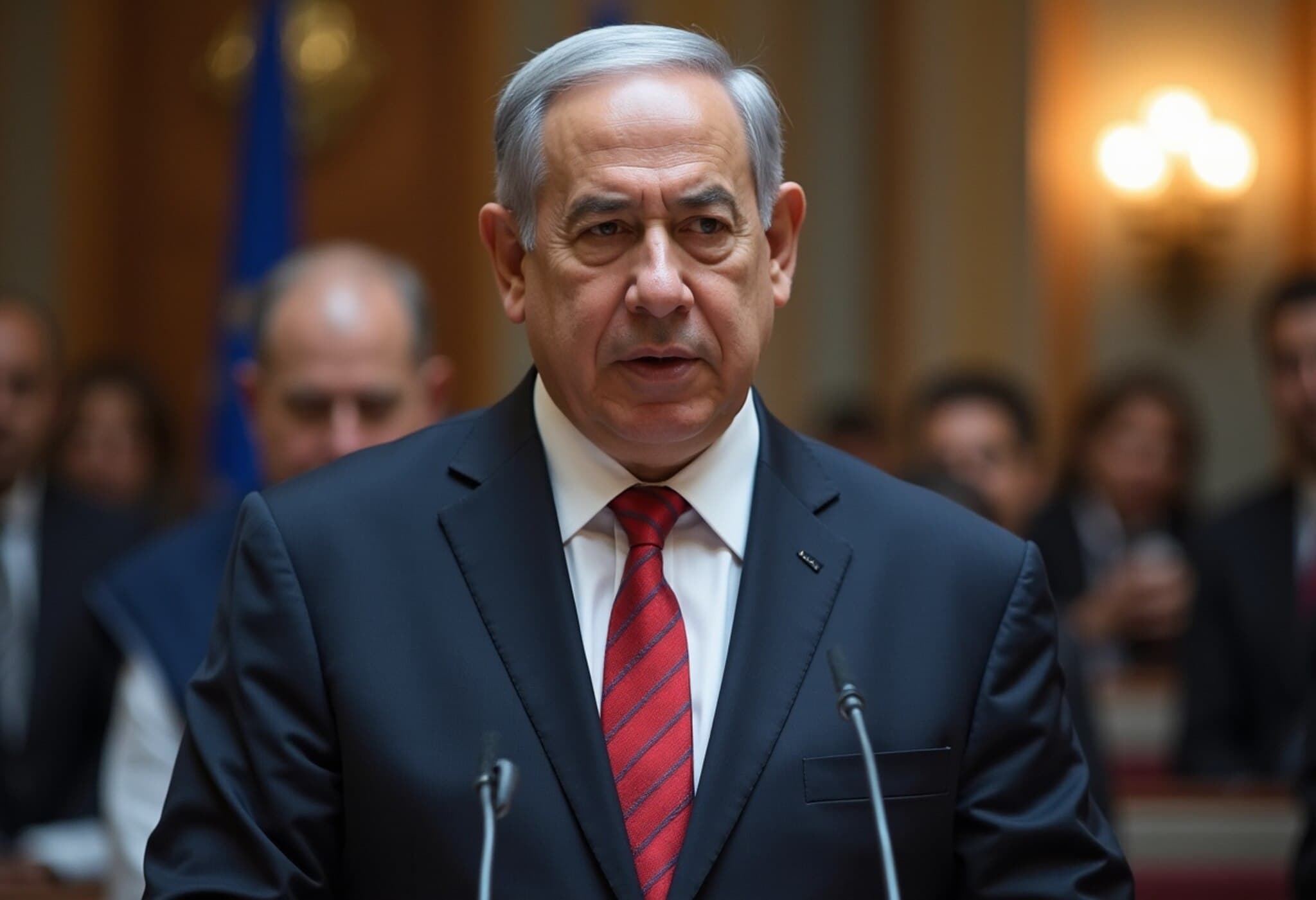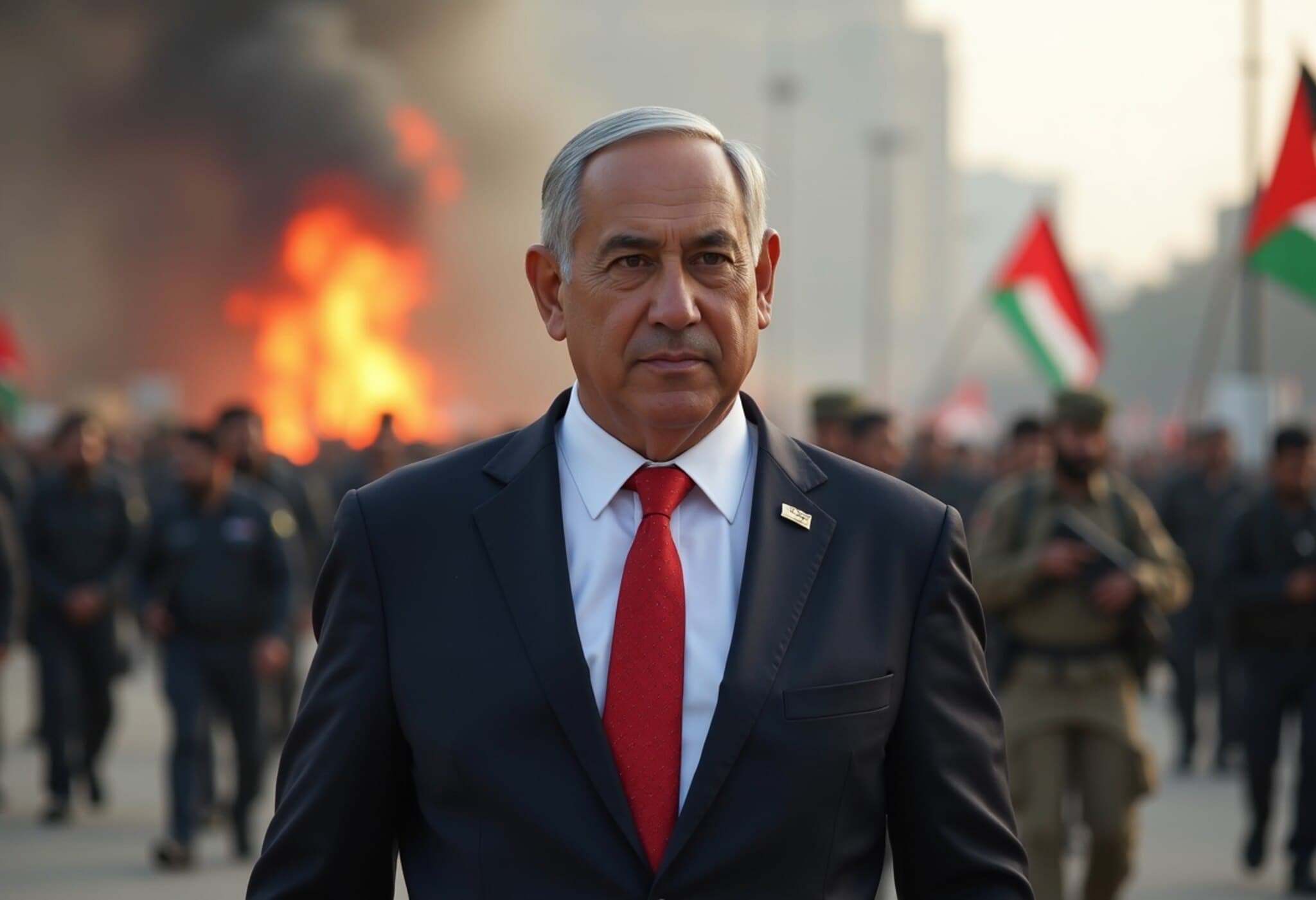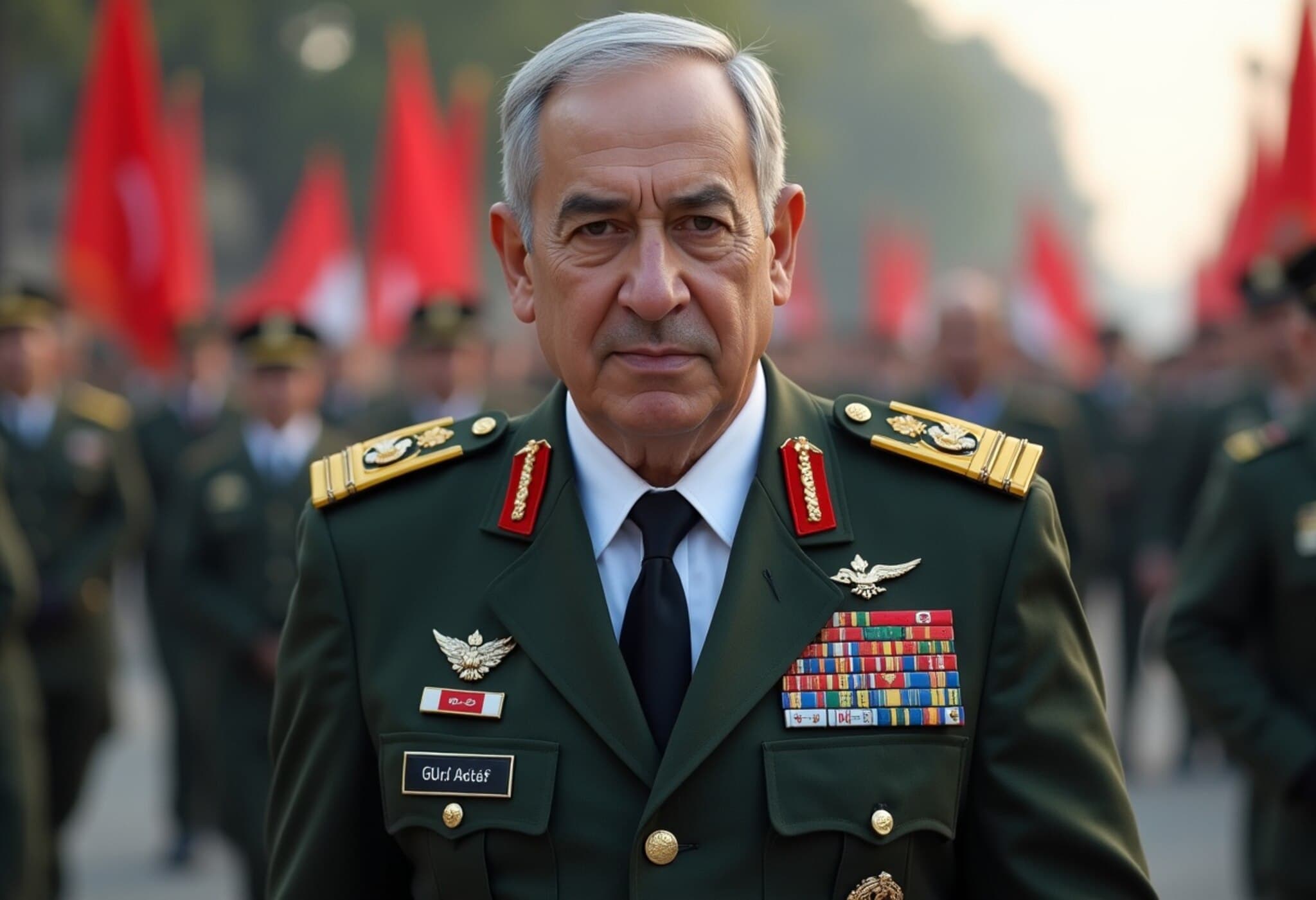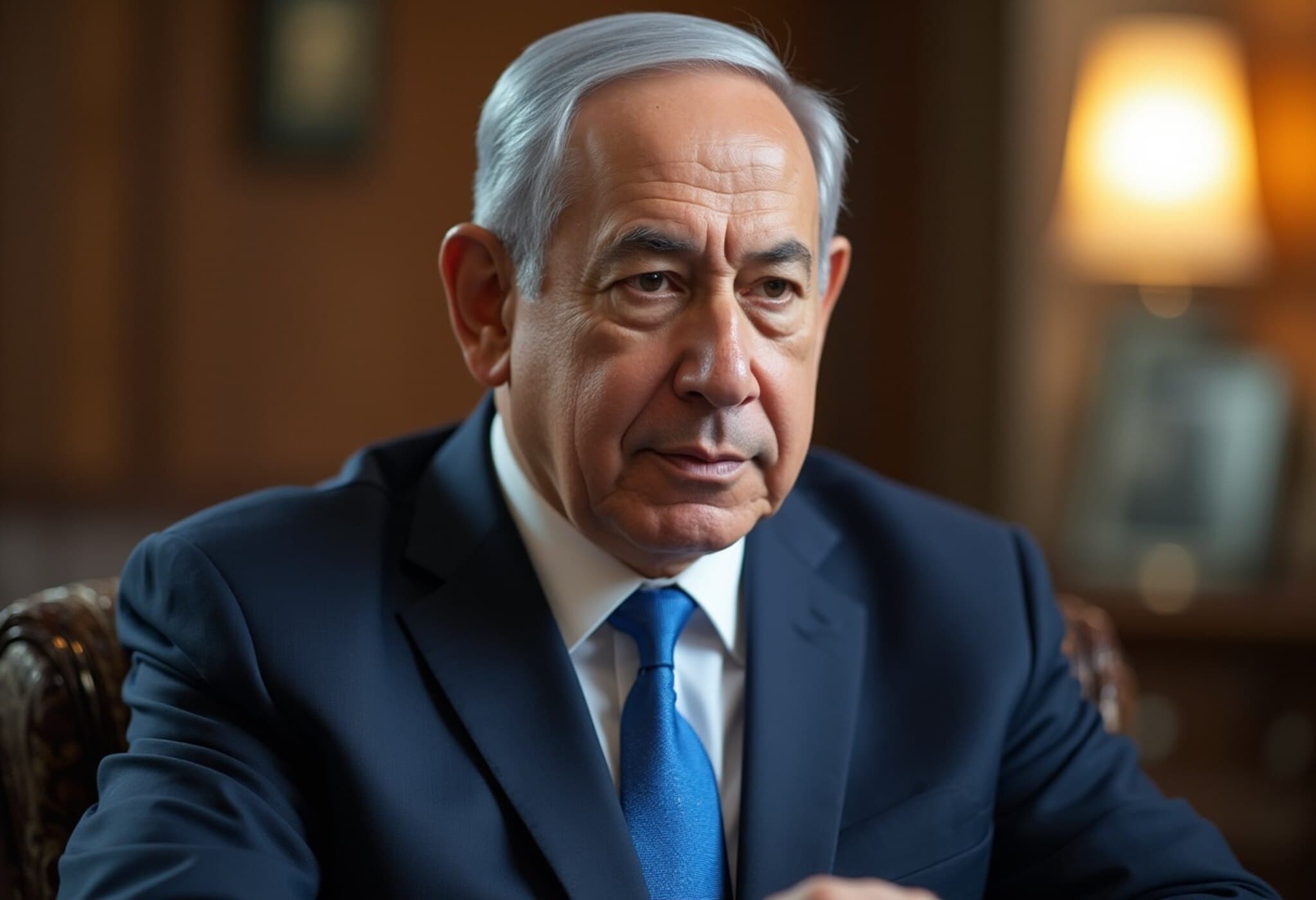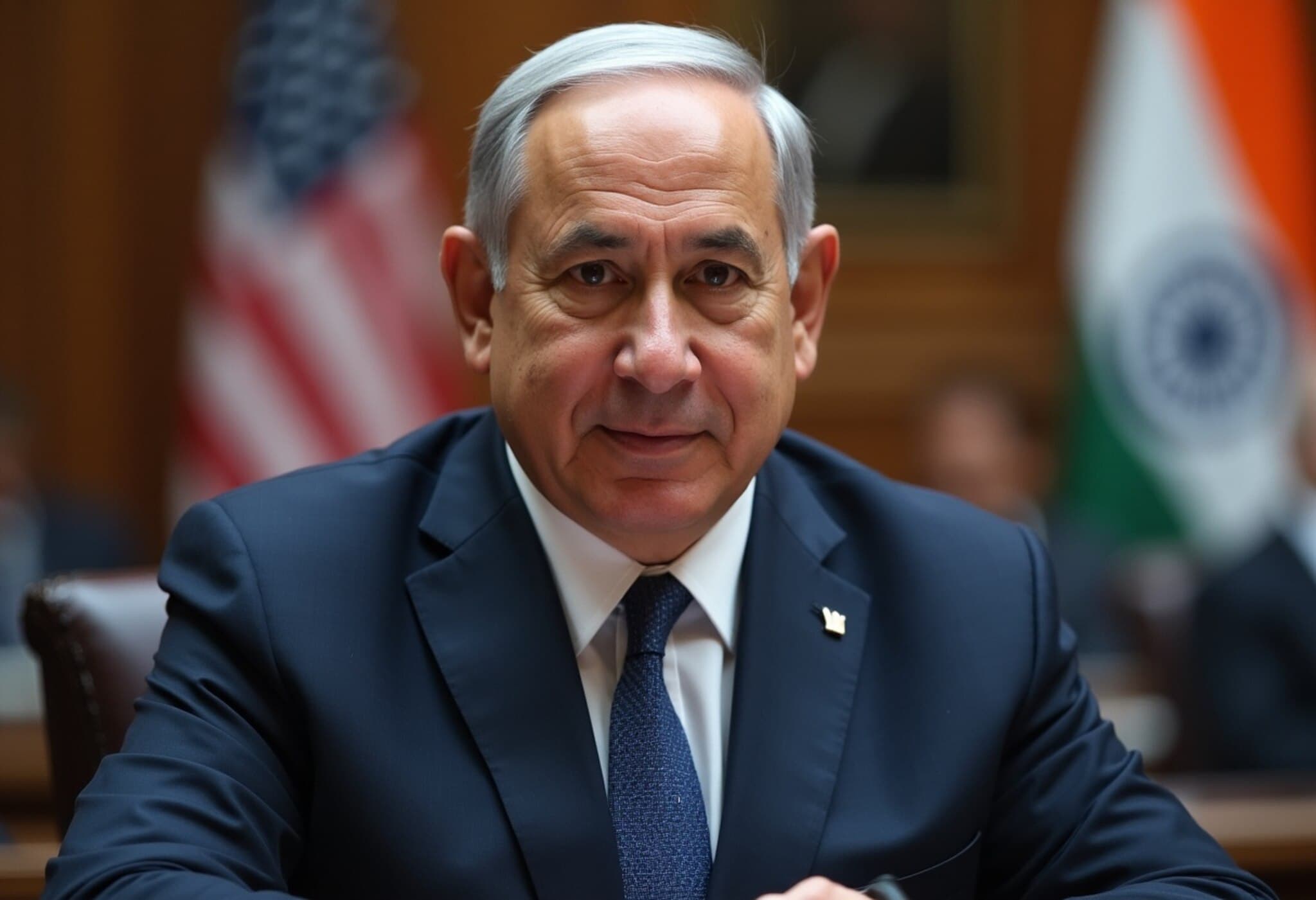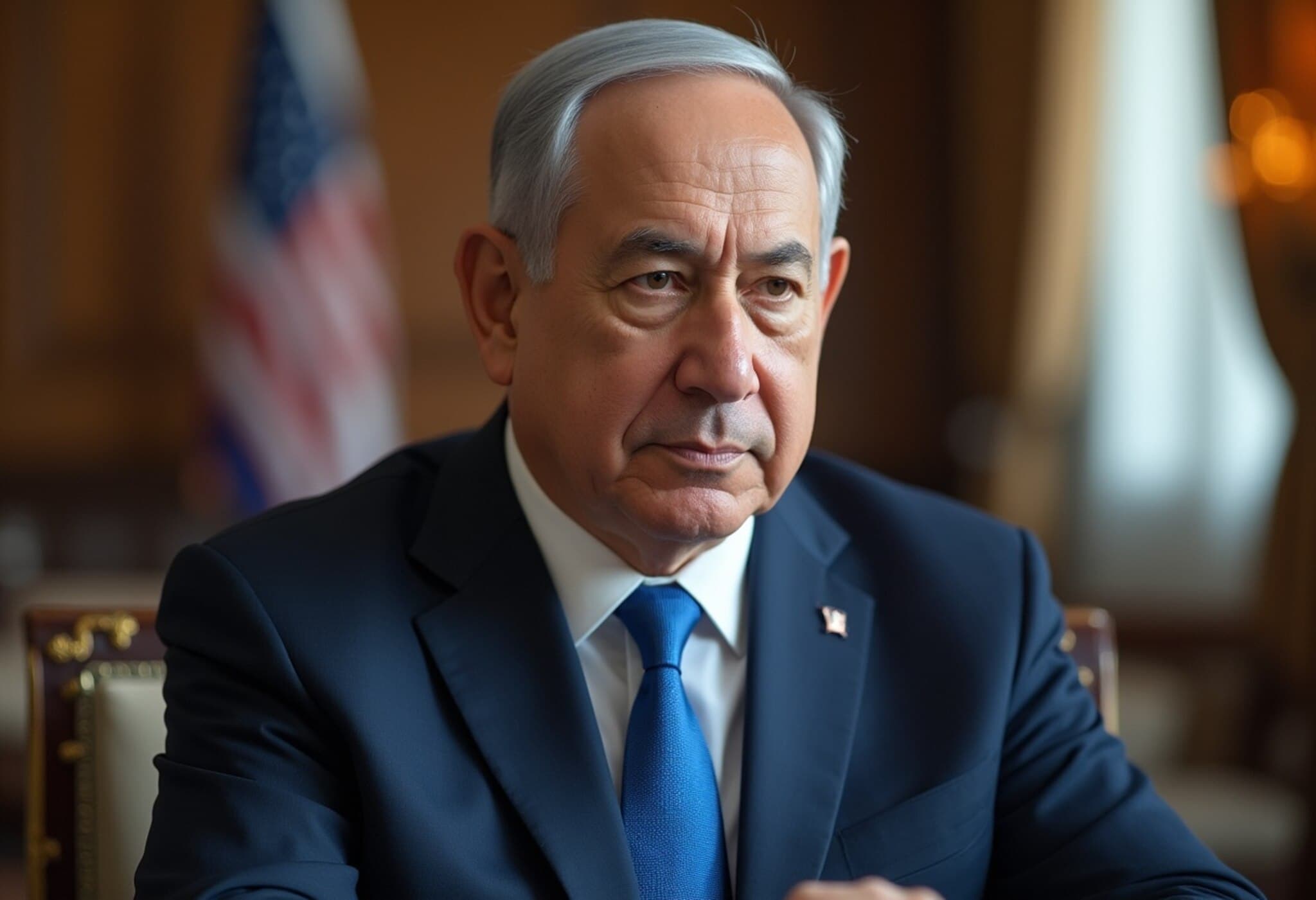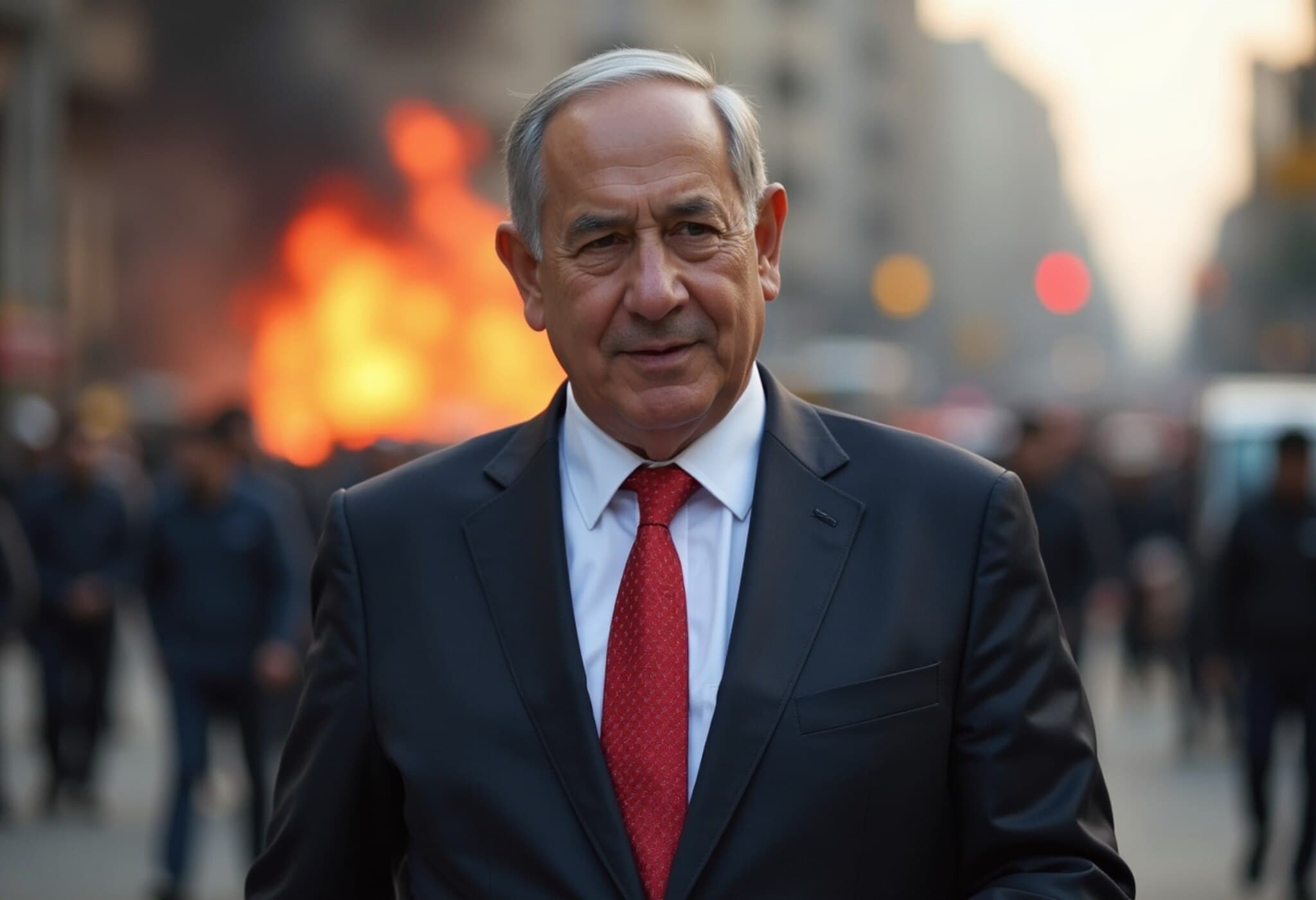Netanyahu Faces Backlash Over Gaza City Strategy
Israeli Prime Minister Benjamin Netanyahu’s announcement of an expanded military operation to take control of Gaza City has sparked intense controversy worldwide and within Israel. The recently approved plan by Israel’s Cabinet aims to change the control dynamics in Gaza, with Netanyahu insisting the objective is to liberate Gaza from Hamas, not to occupy it.
Key Elements of the Plan
According to official sources, the operation in Gaza City will be gradual and carefully prepared, with no immediate start date specified. The Israeli Cabinet has endorsed five core principles, including:
- Demilitarization of Gaza
- Establishing an alternative civilian administration independent of Hamas or the Palestinian Authority
- Military readiness to take control of Gaza City
- Commitment to distributing humanitarian aid to civilians outside combat zones
Netanyahu emphasized on social media platform X, "We are not going to occupy Gaza — we are going to free Gaza from Hamas." He further underscored that this approach is intended both to secure the release of Israeli hostages held by Hamas and to prevent future threats emanating from Gaza.
International and Domestic Reactions
The plan has met with significant international concern and criticism. Key global players expressed worries about escalating violence and humanitarian consequences:
- Germany halted military equipment exports to Israel potentially used in Gaza.
- Britain and several European allies urged reconsideration of intensifying military actions.
- United Nations Secretary-General Antonio Guterres labeled the plan a "dangerous escalation" threatening to deepen the humanitarian crisis for millions of Palestinians.
- Chinese, Turkish, and Arab governments issued statements warning of worsening regional instability.
German Chancellor Friedrich Merz publicly questioned how the strategy aligns with legitimate objectives in the conflict, highlighting complex diplomatic tensions.
Within Israel, reactions are mixed. While some see the plan as necessary to dismantle Hamas's grip on Gaza, groups representing hostages’ families criticized it as reckless and potentially endangering captives. Of the 251 hostages taken during Hamas’s October 2023 attack on Israel, 49 remain held in Gaza. Military assessments indicate that 27 of these are presumed dead.
Local reports suggest that an extended military operation could force Israeli ground troops into highly populated urban areas where hostages may be located, raising difficult questions about civilian safety and operational risks.
Conversely, some Israeli citizens support the strategy, believing it offers a path to significantly weakening Hamas. For instance, Chaim Klein, a 26-year-old student, expressed optimism about the plan’s potential to substantially reduce Hamas’s military capabilities.
On the Ground: Gaza City’s Devastated Reality
Gaza City has endured relentless bombardment and repeated incursions, yet remains under Hamas’s influence. It is one of the few remaining pockets not transformed into an Israeli buffer zone. Residents who returned after prolonged displacement describe near-total destruction. Umm Youssef, who left the city for over 16 months, described it poignantly to AP: "The area is all rubble. Rubble is an overstatement, it is a sandpile. There is nothing here to occupy. There is no life here."
Hamas’s Response and Risks Ahead
Hamas sharply condemned Israel’s announced plans, branding them a “new war crime” due to the proposed occupation and evacuation of Gaza City. The group warned that any expansion of Israeli military aggression would come at a high price, emphasizing that escalating violence risks the safety of hostages held by militants.
Expert Perspectives and Broader Implications
Experts highlight a critical tension underlying this plan: balancing the urgent demand to rescue hostages and neutralize Hamas’s threat while minimizing civilian suffering and international backlash. The strategy raises challenging legal and ethical questions about urban warfare in densely populated areas and the fate of Palestinian civilians who face humanitarian crises exacerbated by ongoing conflict.
From a U.S. and Western policy standpoint, the development underscores the fragility of regional stability and the complex alliance pressures faced by Israel. The military escalation also tests international diplomatic channels and humanitarian commitments amid growing war fatigue and global scrutiny.
Looking Forward
As Israel prepares for possible ground operations in Gaza City, the world watches closely. The plan’s unfolding will have profound repercussions for the Middle East peace process, regional security, and the lives of civilians caught in the crossfire. Transparency in military objectives, adherence to international law, and humanitarian access remain crucial to mitigating further catastrophe.

